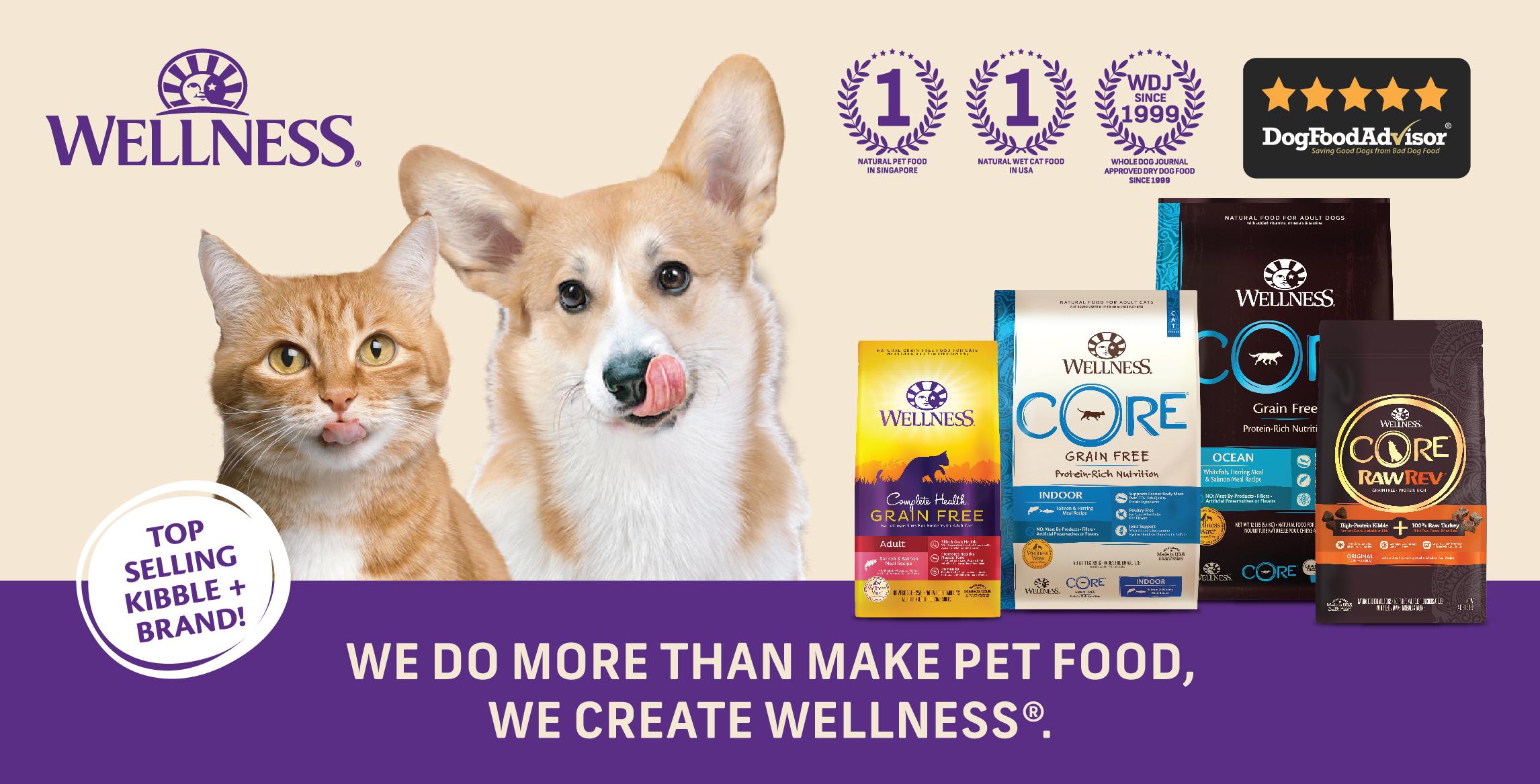How to Avoid Overfeeding Our Pets When We Are Home

Whether you work from home or are currently transitioning to a home-based work environment due to the current pandemic, there is a lot to consider when it comes to our pets. It may seem silly but interacting with our pets should be on the list of items to consider when creating a home office because spending more time at home can warrant behavior changes and disruption at mealtime for our furry friends.
If you aren’t home all day, you’re probably unaware of what your pet’s routine is like (unless you spy on them with a pet cam). Because you aren’t there, they have to fend for themselves. This is why behavior disruption can take place when you spend more time with your pets. If you start to work from home, your pet will look to you for attention, affection and food. And the more you’re around, the more they will seek to gain. These behaviors may seem harmless at first, but it’s important to ensure you react to them appropriately by keeping their health and wellness a top priority.
Avoiding Overfeeding at Mealtime
When humans are home more, a common issue tends to be overfeeding. Overfeeding can occur in two ways: mealtime and treats. When it comes to mealtime, you want to stick to a routine that works for everyone involved. If you don’t have a set work schedule at home, create one. The more routine you can create, the less likely your pet will be to beg for food or treats. Try to feed your pet at the same time every morning and night to show them there is a proper time to eat. This will help cut down on begging and other negative behaviors.
Avoid Overfeeding Treats
While you may have mealtimes set in stone, another way our pets trick us into getting more is through treats. Just like scheduling mealtime, set up a treat schedule with your pet. If you normally offer treats after you walk your dog or to your cat after playtime, stay consistent, but if those behaviors happen more frequently, be aware of the extra treats that are being served.
If you don’t have a treat schedule, consider creating one. You may not realize how many treats you are offering. Keeping a tally directly on the treat bag is a great way to track and monitor your pet’s intake.
If you are often home and like to offer your pet treats, look for some low calorie options especially if they are unable to receive excessive time to exercise. All Wellness treats are made with healthy, natural ingredients, so you know your pet is getting some nutrition while enjoying a delicious snack.
For our feline friends, check out Kittles. These grain-free treats offer a variety of irresistible flavors and are only 2 calories per treat. With all-natural ingredients and teeth cleaning goodness, these treats will keep everyone happy.
The Nutritional Cost
We may love our fur babies, but if we don’t monitor and control what they are eating and how much, we can set them up for future health complications. Overfeeding can cause overweight animals that are more prone to arthritis, heart and kidney disease, cancer, and more. Love your pet with kisses, hugs, and your time, not with food.
Alternative Options
Just like us humans, when pets are bored, they get hungry. If you have more time at home, spend some of it with your furry friend. Take your pup out for a walk, drag a feather toy and play with your cat and if you’re working from home, schedule in some time to ensure your pet feels loved and cared for. This is especially necessary if they are not used to having you home. Create boundaries when it comes time to work but use your breaks to show them you care. If you take the time to show them attention before you start your day, they will give you the peace and quiet you need to complete your tasks.
The bottom line here: don’t give in. They will whine and beg, but you have to stay strong if you want to break the behavior. Remember, your pets are fine all day at home without you. Don’t let them make you think otherwise. Create a schedule and stick to it. This is the best way to love your pet.





